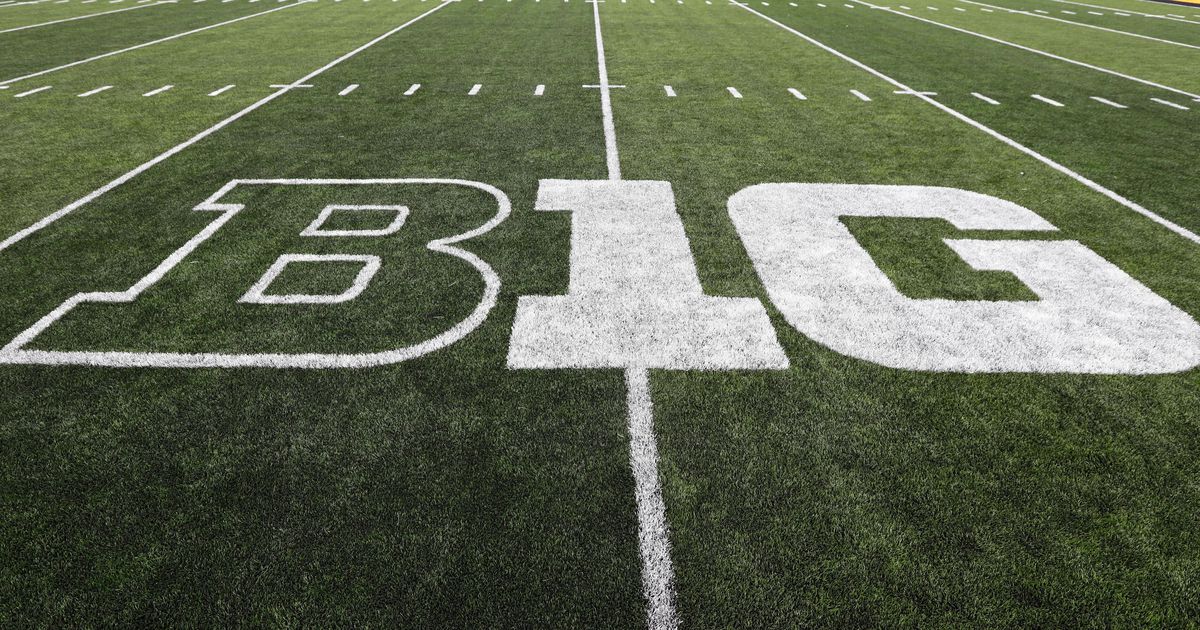Big Ten’s cardiac registry aims to study effects of COVID-19


ANN ARBOR, Mich. — The Big Ten’s plan to play football this fall includes trying to save lives in the future.
The conference, which reversed course and announced Wednesday it would have a fall football season, is setting up a cardiac registry to study the effects COVID-19 has on athletes’ hearts.
“It will help all students, our surrounding communities, and really it can have an impact on the entire nation,” Big Ten Commissioner Kevin Warren said. “When you’re able to have an opportunity in a global pandemic to be able to help solve some of these medical issues, especially from a cardiac-registry standpoint, and be leaders from a research standpoint, that was really important.”
Myocarditis, an inflammation of the heart, was among concerns cited by the Big Ten in August when it planned to postpone football to spring. The condition has drawn headlines for months as sports wrestled with how to return to play and medical experts have expressed differing opinions about its importance.
The Big Ten did not point directly to myocarditis its its decision, instead emphasizing the emergence of daily, rapid-response COVID-19 testing. The Big Ten said it will begin daily antigen testing of all its fall sport athletes, coaches and staff Sept. 30 with a goal of playing eight games over eight weeks, beginning Oct. 23-24.
But the cardiac registry was noted by Big Ten leadership. The hope is that the registry will produce answers that have been elusive. It will include athletes from all sports who test positive for COVID-19 and consent to be part of the study.
Dr. Subha Raman, a cardiologist at Indiana University, said similar registries face a lot of regulatory oversight. She said a rigorous process is involved to ensure the safety and privacy of participants, who should be clearly informed of the benefits if they choose to be involved.
“The devil is in the details,” Raman said. “If the registry is done well, the results can be viewed with great confidence and can answer questions that are affecting a lot of people with much more clear answers compared to what we know now.”
Dr. Leslie Cooper, who chairs the cardiovascular department at the Mayo Clinic in Florida, said the Big Ten’s cardiac registry can potentially close a gap in research when it comes to the new coronavirus.
“This is a positive thing overall, but they need to design it well and follow these athletes long enough to study effects at least several months after the season,” Cooper said. “We have 70 years of research on other groups of viruses, but there is a lot of interest in researching this coronavirus and myocarditis and how it all applies to athletes because what is known is limited.”





